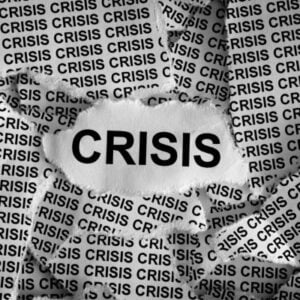Sudan is grappling with a severe cholera outbreak, worsened by ongoing conflict, displacement, and heavy rains that have created ideal conditions for the spread of waterborne diseases. The World Health Organization (WHO) has reported a concerning case fatality rate of 2.8%, nearly three times the emergency threshold, indicating the outbreak is escalating rapidly and necessitating an urgent expansion of response efforts. Millions across the country lack access to clean water, sanitation, and healthcare, leaving them highly vulnerable to illnesses such as cholera and dengue fever. Among the over 7.4 million internally displaced people, more than half are women and girls. As of 13 October 2025, Sudan’s Federal Ministry of Health reported 120,496 cholera cases and 3,368 deaths nationwide, with Darfur states particularly affected.
Conflict and displacement have forced families into overcrowded camps where clean water is scarce and sanitation has collapsed, exacerbating the spread of cholera. CARE Sudan’s Country Director, Abdirahman Ali, highlighted that women, children, and the elderly are most affected, and the outbreak’s high fatality rate is compounded by rapidly dwindling funding and limited resources. Over 75% of health facilities have been destroyed, making access to care increasingly difficult amidst the outbreak.
CARE Sudan has been actively responding to the crisis, reaching over 58,000 people across South Darfur, East Darfur, and South Kordofan. Their efforts include operating Cholera Treatment Centers and Oral Rehydration Points, training health workers, distributing infection prevention materials, chlorinating and testing water sources, promoting household hygiene, repairing latrines, and running public awareness campaigns on cholera prevention. Local community hygiene promoters, such as those in Omdurman, have emphasized the importance of educating residents on handwashing, safe water handling, proper waste disposal, and food hygiene to curb disease transmission.
Despite these interventions, the response remains underfunded and overstretched, with shortages of medical supplies, chlorine, hygiene kits, and water trucking capacity. CARE Sudan warns that without sustained international support, the outbreak could worsen further, especially as the rainy season continues. The organization is urging the global community to provide immediate funding, protect health workers and facilities, and ensure a coordinated, rapid response to save lives. Collaboration with local partners, community health volunteers, and health authorities remains central to restoring access to safe water and healthcare and mitigating the impact of cholera on vulnerable communities.






